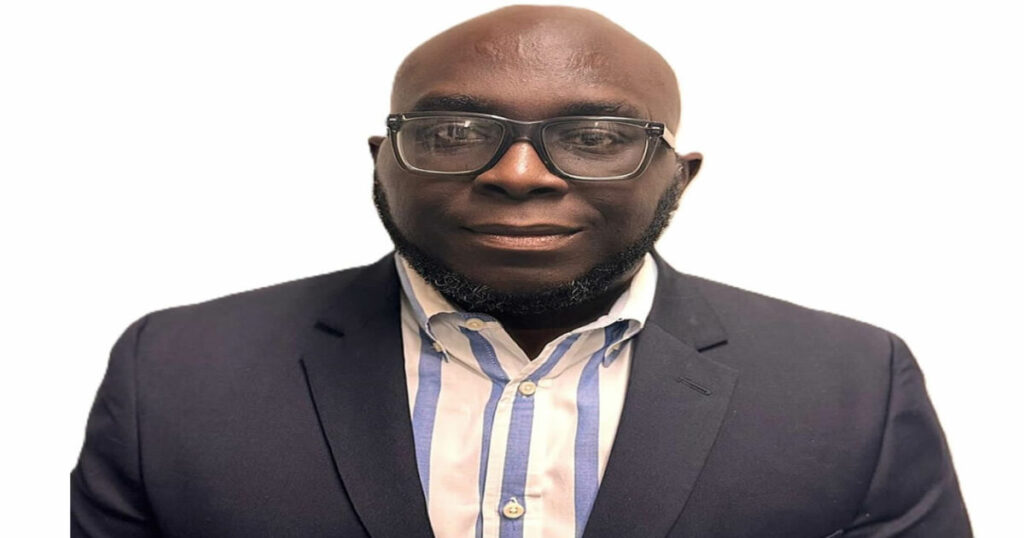An energy expert, Chukwuma Atuanya, has said that despite Nigeria’s vast reserves and long history as a major oil producer, regulatory uncertainty, unstable fiscal regimes, and political instability are dampening investor confidence in the country’s energy sector.
Atuanya, a petroleum geologist and project manager with nearly two decades of experience, said these challenges must be urgently addressed if Nigeria hopes to remain competitive in the global oil and gas landscape.
Speaking in an interview with our correspondent, Atuanya, who now oversees drilling and completions projects in the United States’ Permian Basin, said the Nigerian energy sector has enormous potential but is being held back by recurring policy flip-flops and governance challenges.
“Political stability, fiscal terms, and regulatory policies will be critical to attracting increased foreign direct investment in Nigeria. The geology is there, the technical competence is not in doubt, but if investors cannot predict the rules of engagement, capital will move elsewhere,” he said.
According to him, Nigeria’s Petroleum Industry Act 2021 was expected to mark a turning point by creating a more transparent and investor-friendly framework.
However, four years on, industry insiders argue that the implementation has been uneven and several policy ambiguities remain.
“We were all hopeful that the PIA would change the game. But what we are seeing is that many of the old issues, delays in licensing, contract uncertainty, bureaucratic bottlenecks, are still very much alive,” he stated.
Atuanya, who specialises in the development and deployment of cutting-edge exploration and production subsurface measurement, said international oil companies are watching closely how Nigeria manages both the downstream deregulation and upstream investment environment.
With more competition from other African nations like Namibia, Angola, and Senegal, he said Nigeria can no longer afford to assume it will remain the default investment destination in the region.
“We are in a new global energy order. Countries that provide clarity, stability, and efficient operations will win. Investors have choices,” he warned.
He recalled a $1.4bn Nigeria-based infill drilling project that delivered substantial returns despite the economic pressures of the COVID-19 pandemic.
He noted that the project succeeded largely because of strong project governance and technical discipline, warning that such outcomes are becoming harder to achieve in a system that lacks consistency.
He stressed, “We used high-speed telemetry and novel Logging While Drilling tools to optimise drilling decisions in real time. But what saved that project wasn’t just the tech, it was clarity in project objectives, timely approvals, and a well-aligned execution team.
“You can have the best geology in the world, but if your policies are unstable and your institutions weak, capital won’t stay.”
Atuanya argued that Nigeria must do more than pass reforms on paper, saying what matters is how the reforms are implemented and communicated.
“Investors are not just looking at geology; they’re looking at governance. And that includes how fast you can approve a field development plan, how disputes are resolved, and how predictable your costs will be,” he noted.
The geologist added that as oil companies become leaner and more focused on value, they are now making capital allocation decisions with greater scrutiny.
“Projects are competing for capital, not just between countries, but even within companies. If Nigeria wants a seat at the table, it must provide a stable, investor-friendly climate,” he explained.
Asked what changes would make a difference, Atuanya emphasised the need for faster regulatory timelines, consistent interpretation of the PIA, better incentives for exploration, and a national strategy that integrates oil with the wider energy transition.
“We need to think long-term. We must align upstream, midstream, and downstream goals. And we need to ensure that indigenous companies can access financing and operate on a level playing field,” he stressed.
He also warned that the brain drains in Nigeria’s energy sector, accelerated by both economic uncertainty and global recruitment, could worsen if the domestic environment doesn’t improve.
“We are seeing some of our best talents leave. Not just for better pay abroad, but for better structure and career development. If we don’t fix the fundamentals, we will lose the human capital needed to run this industry in the next decade,” he worried.
While his current role is in the US, Atuanya said he remains deeply invested in Nigeria’s energy future, mentoring young Nigerian geoscientists and contributing to technical communities such as the Nigerian Association of Petroleum Explorationists and the Society of Petroleum Engineers.
“I believe in the future of Nigerian oil and gas, but belief must be backed by action. We cannot run the industry of tomorrow with the governance of yesterday,” Atuanya cautioned.















